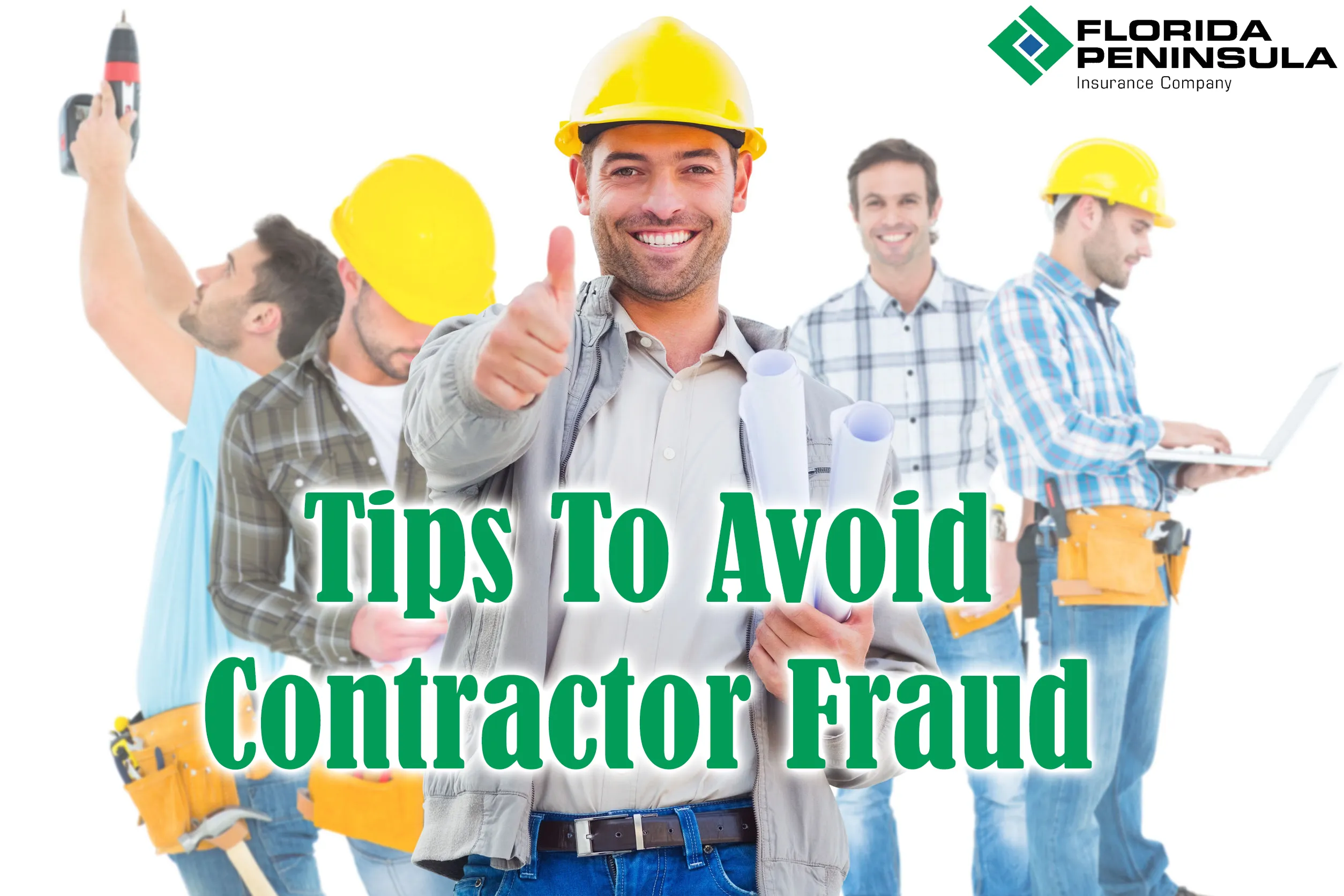Beware of Home Repair and Contractor Fraud

As spring approaches, don't be a victim of home repair and contractor fraud. Reduce the risk of being scammed by making yourself aware of the following red flags:
1. Contractors who appear at your doorstep: If someone knocks at your door to ask you if you need their services, or offer to give you a consultation, it is okay to simply take their business card, listen to what they have to say, and shut the door. One thing you should do is research their company online to see if it is legitimate. Often times, there are people who will take your money and run.
2. Your contractor is pressuring you: If you feel extremely pressured to make a decision because your contractor is pushing you to sign the agreement based on a "special deal" or "today only" offer, it may be in your best interest to decline the offer. AOB (Assignment of Benefit) fraud is also very common and some contractors who require an AOB are known for their high-pressure tactics. Signing an Assignment of Benefits form transfers the rights of the policyholder to the contractor. Some unscrupulous contractors inflate the cost of repairs and commit insurance fraud when they bill the insurance companies for unwarranted expenses, leaving the insured to pay for out-of-pocket costs to finish the repairs.
3. Someone tells you there is a problem in your home: If the contractor tells you there is a problem in your home you either never noticed before or never heard of, and offer to fix the problem, get a second opinion with your current contractor or with a reputable company before you make any major decisions.
4. No identification or permit: Your contractor should either be wearing a company shirt or have a business card and city permit. If he/she lacks identification, it will be harder for you to track them down if something goes wrong, or you could be getting set up for fraud.
Disasters can occur at any time, leaving your home in a state of disrepair. In times of crisis, many lend a hand to help, and sometimes those people are crooked contractors looking to scam you out of your hard-earned money. "Contract" with contractors in a safe way; make sure you always ask to see their license, ask for references from previous jobs, and never pay your contractor in cash.

